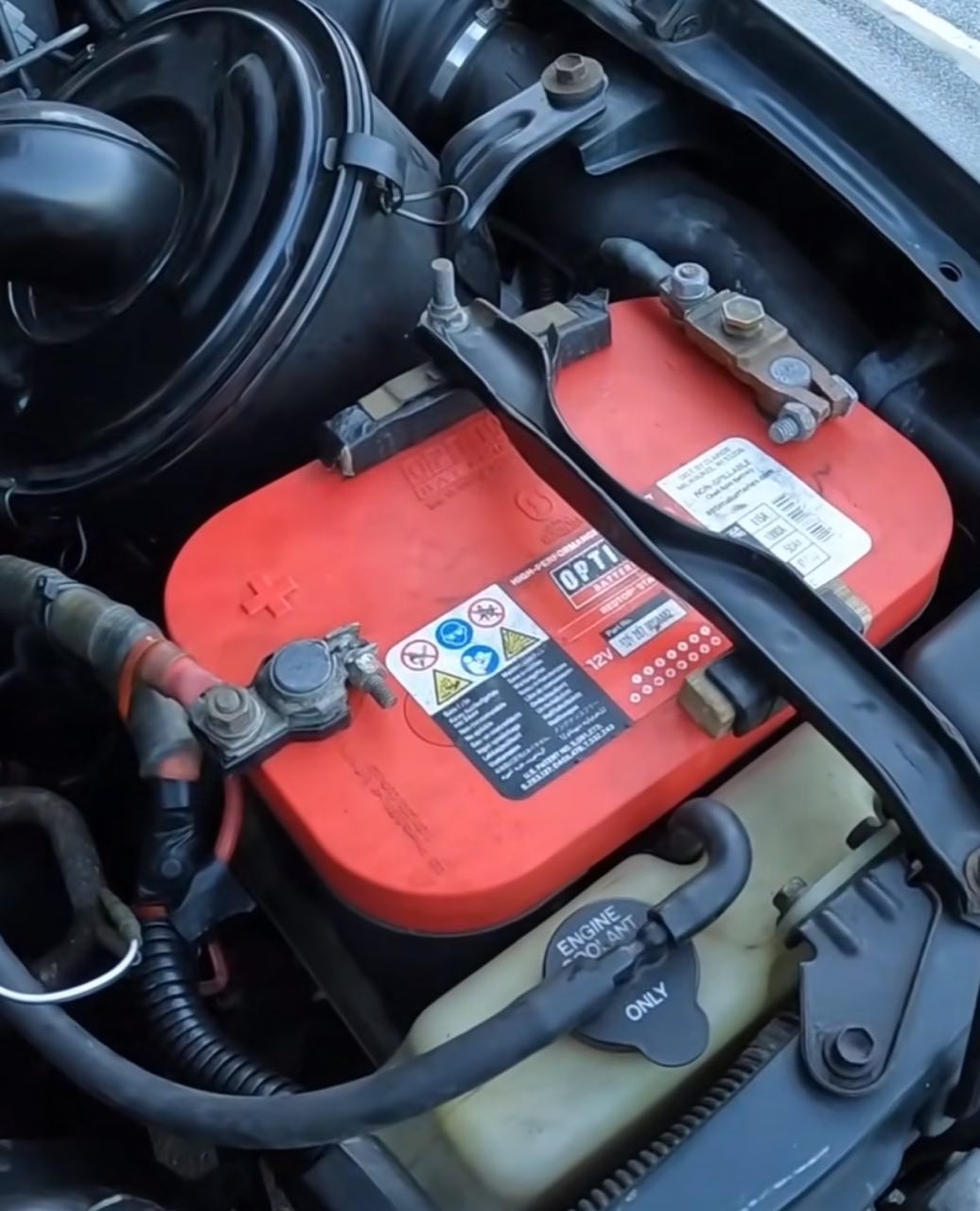The lifespan of your vehicle is significantly influenced by the quality and condition of its components, none more so than your car battery. A key player in ensuring smooth rides and uninterrupted journeys, the car battery is a component you simply cannot afford to neglect. In this article about how often to replace a car battery, we will delve deeply into understanding the dynamics related to your car’s power source. Notably, we’ll discuss the longevity of a standard car battery, factors that could potentially decrease this lifespan, signs that indicate a need for immediate replacement and how often you should ideally change it to ensure optimum performance. With technological advancements today, batteries have evolved substantially in terms of their life expectancy and durability, but they still require regular attention due to their integral role in automobile functioning. Stay tuned as we navigate through these intricacies that every car owner must be aware of – because being forewarned is being forearmed!
Signs Your Car Battery Needs Replacement
Identifying the need to replace your car battery is essential to prevent being left with a non-starting vehicle. Multiple clear indicators signal the necessity for a fresh battery. Dimming headlights, slow engine crank, and the infamous clicking sound when turning the key are clear warnings. Additionally, if your electrical components start malfunctioning or you notice a sulfuric, rotten egg smell, it’s likely due to an overcharging battery, which is a serious signal for replacement. Another indicator is the age of the battery itself; if it’s nearing or has surpassed its expected lifespan, preemptive replacement becomes a wise decision. Regular inspection of the battery for any physical defects, such as swelling or leaks, is also advisable as these are direct signs of a failing battery.
The Average Lifespan of a Car Battery

Factors That Affect Car Battery Life
Several elements can have a significant impact on the life expectancy of your car battery, leading to a need for earlier replacement. These include:
- Extreme Weather Conditions: Both scorching heat and freezing cold can severely affect battery performance and life. Heat accelerates the chemical reaction inside the battery but also speeds up the rate of corrosion, while cold temperatures can reduce its cranking power.
- Short Driving Trips: Regular, brief trips prevent the battery from fully recharging, shortening its overall lifespan due to undercharging.
- High Electrical Demand: The use of accessories such as air conditioning, GPS, and entertainment systems, especially when the engine is off, drains the battery faster.
- Vibration: Lack of proper securing can cause vibrations that may damage the battery’s internal components over time.
- Poor Maintenance: Neglecting regular maintenance and failing to clean corrosion from terminals can lead to poor connectivity and battery failure.
Tips for Extending Your Car Battery’s Lifespan
Extending the lifespan of your car battery involves several proactive steps. Regularly cleaning the terminals to prevent corrosion can maintain a strong connection. Ensuring the battery is firmly fixed in place helps reduce vibrations that could lead to damage inside the battery. Also, keeping the battery charged, especially during cold weather, can prevent it from losing power and capacity. Avoiding the use of electronics while the engine is off also helps preserve the battery’s charge. Additionally, regular vehicle maintenance checks can identify and rectify any issues that may indirectly affect battery health, such as faulty charging systems. Adopting these measures plays a crucial role in prolonging the operational lifespan of your vehicle’s battery.
Choosing the Right Battery for Your Car
Choosing the appropriate battery for your vehicle is crucial for maximizing its performance and extending its lifespan. It’s essential to choose a battery with the correct specifications for your vehicle, including the right size, power capacity (CCA – Cold Cranking Amps), and reserve capacity. Additionally, it’s advisable to consider the warranty and recommended lifespan of the battery provided by the manufacturer. Advances in battery technology have introduced options like Absorbed Glass Mat (AGM) batteries, which offer longer life and better reliability for vehicles with high electrical demands. Referring to your vehicle’s manual and obtaining guidance from a reliable mechanic can aid you in making a well-informed choice, guaranteeing that you pick a battery that aligns with your car’s requirements and your driving patterns.
Conclusion
In conclusion, understanding when and how often to replace your car battery is essential for maintaining your vehicle’s reliability and performance. By staying alert to the signs of a failing battery, acknowledging the average lifespan, considering the various factors that affect its longevity, and adopting tips to extend its life, you can ensure your car remains in top condition. Moreover, choosing the right battery for your vehicle is crucial for optimizing its functionality.

